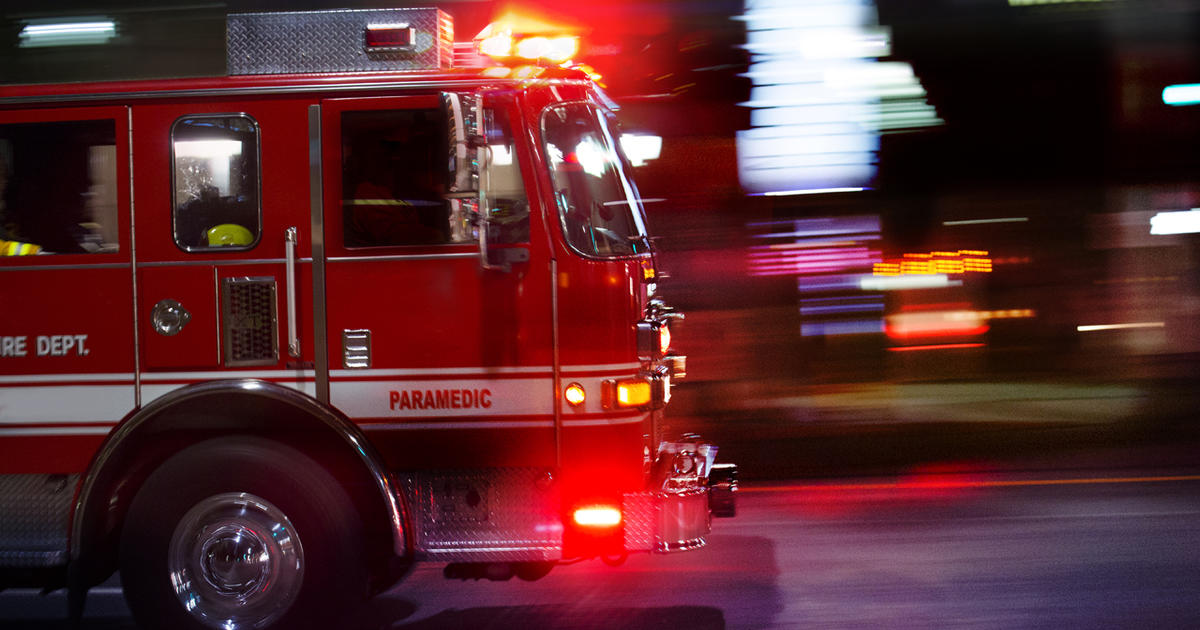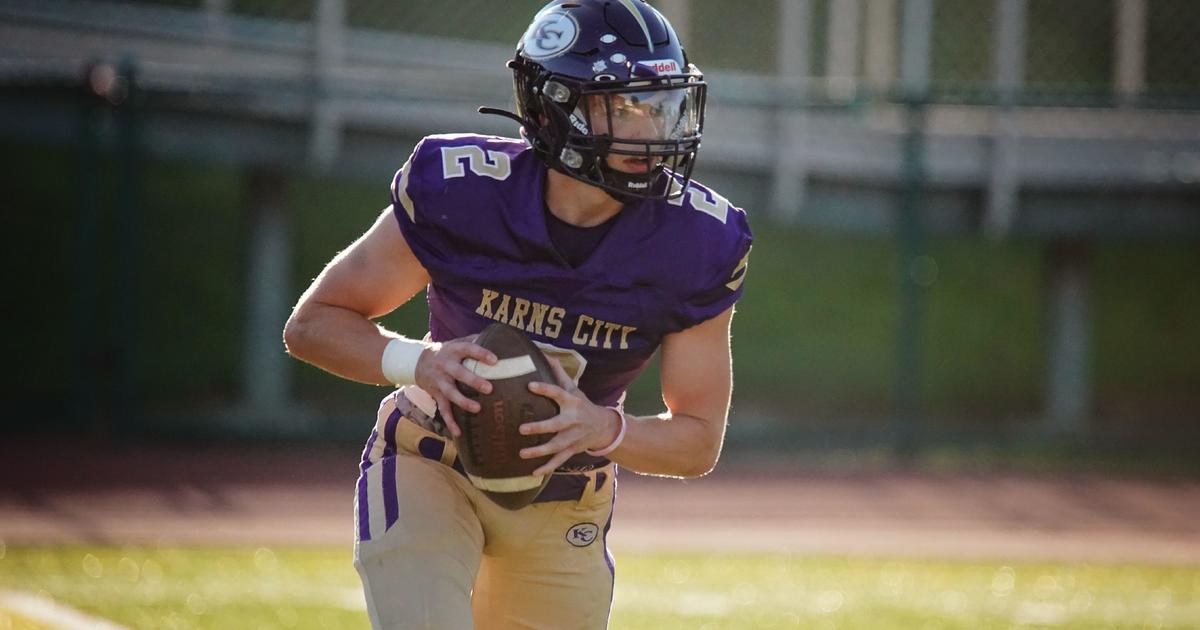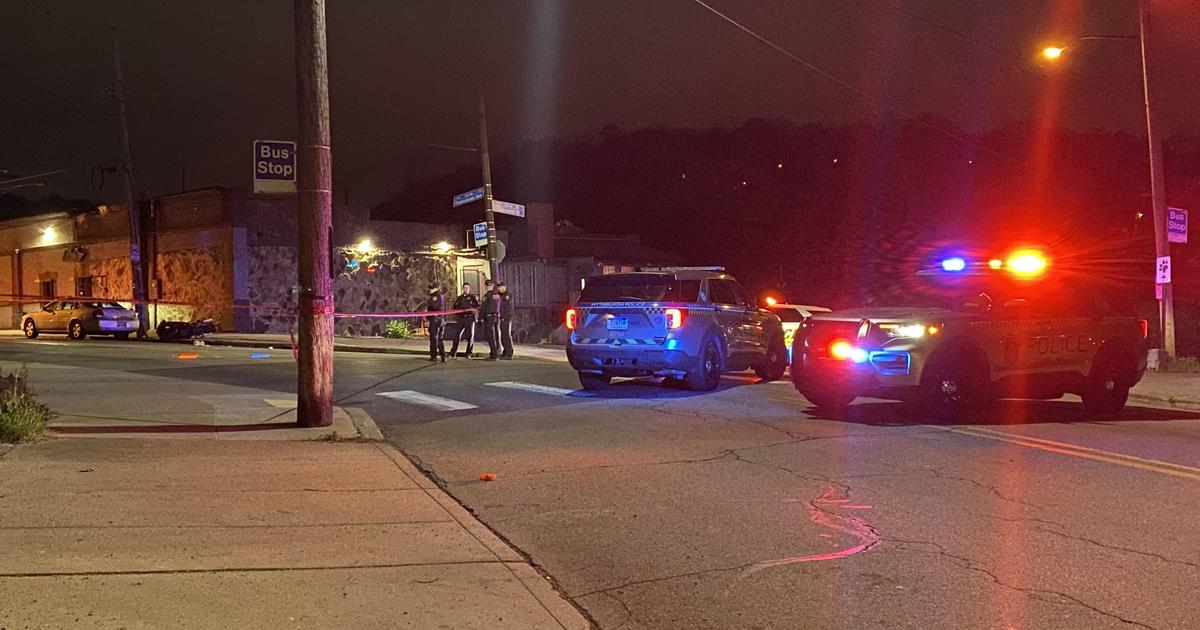Use Of CPAP Machines Being Questioned
PITTSBURGH (KDKA) -- Scott Boyd has sleep apnea, a condition where he stops breathing when he's asleep. It would wake him suddenly.
"My wife also noticed I was snoring," he says.
A sleep study showed it was sleep apnea. He was prescribed a mask device called CPAP that uses air pressure to hold his airway open while he sleeps.
"I thought that seems like a big inconvenience being especially because I travel a lot for my job," Scott admits. "I wasn't thrilled about having to do it, and at first it felt a little claustrophobic with that mask on your face. I was ready to give up, to be honest."
CPAP has been a standard therapy for decades. Sleep apnea is linked to high blood pressure, and poor blood sugar control. Prior studies have shown that CPAP use helps blood pressure and the body's sugar processing.
But what about big, defining medical events like heart attack and stroke? That's what a recent study set out to find.
Nearly 3,000 patients, ages 45 to 75, who had a history of heart vessel disease or stroke and moderate obstructive sleep apnea participated in the international study. Half were randomly assigned to get CPAP and usual care, the other half got "usual care" only.
Join The Conversation On The KDKA Facebook Page
Stay Up To Date, Follow KDKA On Twitter
There was some good news for those in the CPAP group.
"Patients had improved quality of life, they felt less tired, work attendance was better," says Dr. Andrew Peres, a sleep specialist at St. Clair Hospital.
But when it comes to heart attack or stroke, there was no difference between the two groups.
"What the study shows is that we can't just say by wearing this, we're going to prevent that from recurring. At least at this point," says Dr. Perez.
The average length of use was just over three hours, and some are suggesting that maybe three hours wasn't long enough to see benefit. More study could help clarify this issue.
"We might want to focus more on how do we get people to be more compliant with wearing the mask," adds Dr. Perez.
One good night was all it took for Scott to stick with it.
"I was sleeping six, eight hours, hardly getting up. Then, I started swimming because I had more energy," he says. "I've been energized to exercise and it's given me some momentum in a positive direction."



